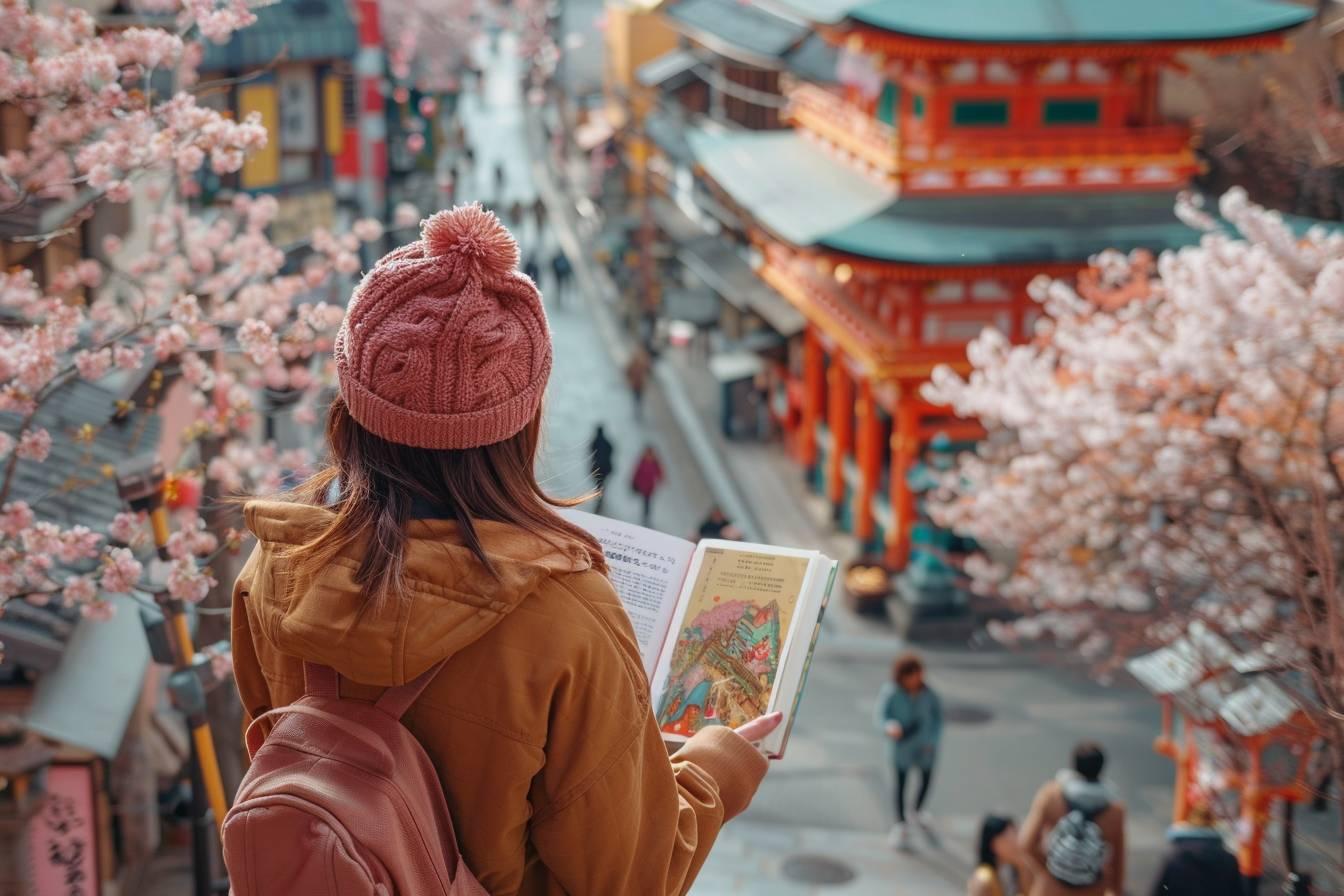Embarking on a journey to Japan, I realized early on that immersing myself fully in the Japanese culture required more than just sightseeing. It demanded an understanding and an ability to communicate in the local language.

Learning basic Japanese phrases became not just a goal but a bridge to a more authentic experience. Through this pursuit, I found myself unlocking a realm of enriched interactions and deeper connections.
In this article
Building vocabulary for everyday conversations
Starting with the basics, I focused on accumulating a substantial vocabulary for daily interactions. Greetings, directions, food-related phrases, and essential questions formed the foundation of my language toolkit. I leveraged a variety of resources, both online and printed, immersing myself in the sounds and structures of Japanese.
This initial step was crucial, allowing me to break barriers, open the doors to local markets and quaint cafes, and exchange simple pleasantries with the locals.
One memorable afternoon in Tokyo, as I navigated the bustling streets of Asakusa, I realized the importance of these phrases.
A simple “Sumimasen, toire wa doko desu ka ?” helped me find the nearest restroom, while “Kore wa ikura desu ka ?” allowed me to purchase a beautiful handmade fan, a keepsake I treasure today.
Though seemingly minor, these encounters significantly enhanced my travel experience, embedding a sense of belonging.
Immersive experiences through local interactions
Moving beyond essential communication, I sought immersive experiences that could deepen my language skills and understanding of Japanese culture.
Joining local tours, attending cultural workshops, and participating in traditional ceremonies offered rich settings for applied language practice. Engaging with locals in their environment facilitated real-world conversations, pushing me to adapt and learn more dynamically.
For example, involvement in a traditional tea ceremony was not just an exercise in etiquette but also a linguistic exchange. The terms and expressions unique to the ritual and the tranquil atmosphere underscored the beauty of Japanese politeness and precision.
Through interactions like these, my vocabulary expanded to include a broader array of expressions, further enabling my exploration of nuanced cultural concepts.

Challenges and adaptations in learning
Throughout this journey, challenges in pronunciation and understanding colloquial expressions were inevitable. With its distinct phonetics and abundance of homophones, the Japanese required a patient and persistent approach.
I initially listened to podcasts and watched Japanese films and shows with subtitles to acclimate my ears to the natural flow and intonation of the language. This passive immersion complemented my active learning efforts, revealing idiomatic expressions and slang that textbooks often overlook.
A particularly enlightening encounter took place in a small izakaya in Kyoto. As I conversed with the owner, a pleasant man in his late fifties, I stumbled upon expressions that weren’t in my vocabulary.
He kindly corrected me with each misstep, sharing stories and the historical context behind specific phrases. This interaction was a language lesson and a deep dive into Japanese hospitality and warmth. These moments of vulnerability and exchange truly enriched my understanding and appreciation of the language and culture.
Final Thoughts on the Journey of Learning
As I reflect on my path to learning basic Japanese, I am struck by its profound impact on my travels and, more importantly, on my view of the world. Language is a powerful tool, capable of transforming foreign lands into familiar homes and strangers into friends.
For those embarking on a similar journey, I encourage patience, openness, and an eagerness to engage. The rewards of learning Japanese, or any language, extend far beyond simple communication—they lie in the connections made, the cultures discovered, and the doors of understanding that are opened.
| Phrase | English Translation |
|---|---|
| こんにちは (Konnichiwa) | Hello/Good Afternoon |
| ありがとうございます (Arigatou gozaimasu) | Thank you |
| すみません (Sumimasen) | Excuse me/I’m sorry |
| はい/いいえ (Hai/Iie) | Yes/No |
| これはいくらですか? (Kore wa ikura desu ka ?) | How much is this? |
Embracing the challenge of learning Japanese was a pursuit of linguistic proficiency and a journey toward understanding, respect, and connection.
As I travel and explore, the lessons learned, and the friendships forged through language remain indelible marks of my adventures, guiding me to deeper insights and more meaningful experiences wherever I go.




